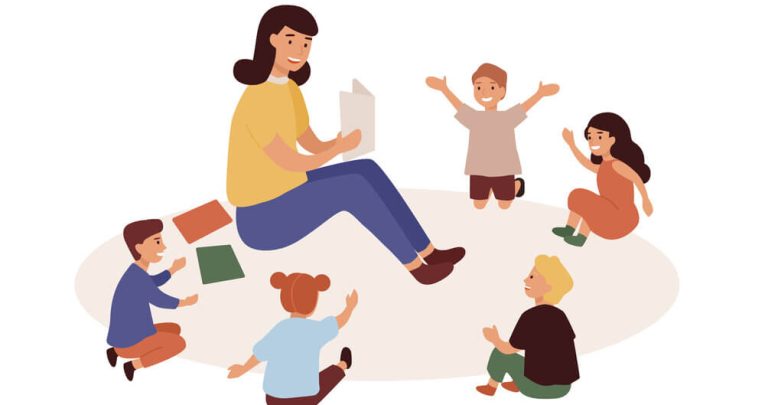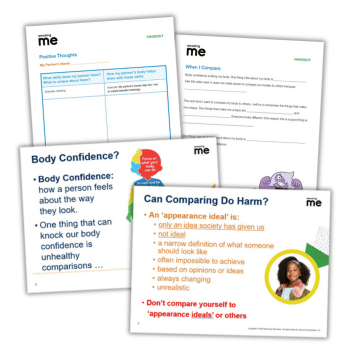How to be a good teacher…

SPOILER: Having your own kids has nothing to do with it

- by Emma Cate Stokes
- Writer, former teacher and co-founder of EdTech Innovation Hub Visit website

I am a teacher. I am not a parent. This doesn’t mean I am not a good teacher.
Sadly, there is still a prevalent narrative on social media and within popular culture that being a parent automatically equates to being a better teacher.
This is not only false but it is, at best, insulting to all of the childless teachers out there, and at worst, can be damaging for a whole multitude of reasons.
None of your business
As I hit my thirties, I became subjected to countless questions enquiring as to when I will be having children. I have been asked by colleagues, family members, previous SLT, and parents of the children I teach.
The reality is I won’t. But, that is no one’s business but mine and my partner’s. Often my answer isn’t enough for those who ask.
I am regularly told I will change my mind, that I will feel differently if it is my own child, and that my life will be fuller, amongst other things.
A common thread running through all of these comments is that by being a mother I will be, by default, better at my job. I will be more compassionate, understanding, and patient.
No thought is given to the fact that I am already compassionate, understanding, and patient! The assumption is those qualities will automatically grow if I have children.
Mental health implications
I am not alone in this experience. Many (predominantly female) teachers without children have used social media to report similar experiences.
For many women, being child-free is a choice, but this isn’t always the case. Some women would love to have a child but are unable to have a baby for reasons beyond their control, and to be subjected to this line of questioning is an extremely painful experience.
Mental health and wellbeing is a popular talking point at the moment, especially in schools, and yet the impact these kinds of suggestions can have on mental health and wellbeing is rarely considered.
Telling someone who can’t have children that they would be a better teacher if they were a parent can be extremely damaging to someone’s mental health.
Professional standards
Aside from that, the notion that you have to have your own child to know what is best for teaching them is quite frankly a ridiculous one. I have been told that when I have my own children I will understand my pupils better.
A colleague was told that when she has children she will be able to empathise with parents at parents evening. This is nonsense.
We do not argue that a doctor who has had cancer is better at treating cancer. We know that doctors have had years upon years of training to do what they do. We trust their expertise. Yet often the same respect is not extended to teachers without children.
Teachers have extensive training. We have PGCES, BAs, MAs, NPQs, some of us even have doctorates. Even more importantly, we have experience. Tonnes of it. We know what we are doing.
Teaching 30 Year 2s how to regroup in maths relies on my subject knowledge, knowledge of how children learn, planning, assessment, and my relationships with my pupils. It does not rely on whether I am a mother.
Each to their own
Of course, that is not to say that parents are not incredible teachers. They are! Teachers who are parents have experiences that will help shape their teaching practice just as those who do not have children do.
A parent may have excellent time management skills that come from juggling parenting and full-time work, but that is not to say that those without children do not also have time management skills that have developed from different experiences.
On the flip side, a teacher without children may have more time to attend weekend conferences and engage in pedagogical research, but that does mean that a teacher with children does not also inform their teaching practice through the reading of educational books and attending virtual CPD.
All our life experiences shape us in some way. One is not better than the other.
Ultimately, we all do the best we can and want the very best for the children we teach. That doesn’t come from being a parent. That comes from being a teacher.
Emma Cate is part of the T&L and Curriculum team at her school in East Sussex. She is currently the research lead, KS1 lead, and early maths and reading lead. Follow Emma Cate on Twitter @emmccatt










